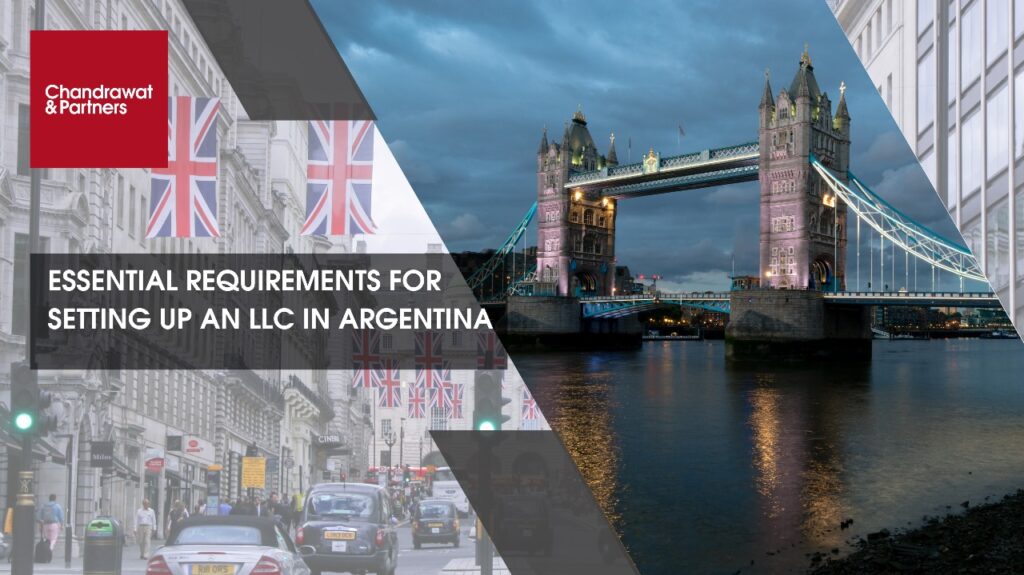
April 03, 2025
Building a Strong Business Foundation: Incorporating a Private Limited Company (Ltd) in the UK
When establishing a business in the United Kingdom, one of the most common structures is a Limited Liability Company (LLC) referred to as a Private Limited Company (Ltd) in the UK. This structure offers liability protection, tax efficiency, and credibility. The following outlines the key steps and considerations for incorporation.
Understanding the UK Equivalent of an LLC
In the UK, there is no direct equivalent to the American LLC (Limited Liability Company). Instead, the closest alternative is Private Limited Company (Ltd). This structure provides limited liability to its owners (shareholders) and operates as a separate legal entity from its directors and members.
Key Benefits of a Private Limited Company (Ltd)
- Limited Liability Protection – Shareholders are only liable up to the amount invested.
- Separate Legal Entity – The company exists independently from its owners.
- Tax Advantages – Corporation Tax (currently 19-25%) may be lower than personal income tax rates.
- Increased Credibility – Having “Ltd” in the business name can enhance trust with clients and investors.
- Ease of Ownership Transfer – Shares can be transferred or sold, allowing for flexible ownership structures.
Process of Incorporating a Private Limited Company (Ltd) in the UK
- Choosing a Company Name
- The name must be unique and not resemble existing company names.
- Availability can be checked on the UK Government’s Companies House website.
- Appointing Directors and a Company Secretary
- At least one director is required, while a secretary is optional.
- Directors must be at least 16 years old and not disqualified.
- Identifying Shareholders and Share Capital
- A Ltd company must have at least one shareholder.
- Share capital allocation determines ownership structure (e.g., £1 per share).
- Registering an Official Address
- A registered office address is required for official correspondence.
- The address must be a physical UK address (PO boxes are not accepted).
- Drafting the Memorandum and Articles of Association
- The Memorandum of Association confirms the company’s formation intent.
- The Articles of Association outline operational rules and shareholder rights.
- Registering with Companies House
- Registration can be completed online via Companies House for £12 (processed within 24 hours).
- Paper applications cost £40 and take longer.
- Registering for Taxes
- Registration for Corporation Tax is mandatory within three months of starting operations.
- VAT registration is required if the annual turnover exceeds £85,000.
- Setting Up a Business Bank Account
- Most UK banks require proof of incorporation and identification for directors/shareholders.
- A separate business account is essential for financial management.
- Compliance and Reporting Obligations
- Annual Confirmation Statement – Ensures company details remain updated.
- Annual Accounts Submission – Required for financial reporting to Companies House.
- Corporation Tax Return – Must be submitted to HMRC.
Costs and Timeline for Incorporation
|
Expense |
Cost (Approx.) |
|
Companies House Fee (Online) |
£12 |
|
Companies House Fee (Paper) |
£40 |
|
Accountancy Fees (if applicable) |
£200+ per year |
|
Business Bank Account Setup |
Varies per bank |
The online registration process typically takes 24 hours, while postal applications may take up to 10 days.
Conclusion
The process of establishing a Private Limited Company in the UK is straightforward, offering various benefits such as limited liability and tax efficiency. By following the required steps, businesses can be incorporated and commence operations efficiently. Seeking legal or accounting advice can ensure full compliance with UK regulations.
Would any additional details be required on specific aspects of incorporation?
For more information or queries, please email us at
enquiries@chandrawatpartners.com
Key Contact

Surendra Singh Chandrawat
Managing Partner
